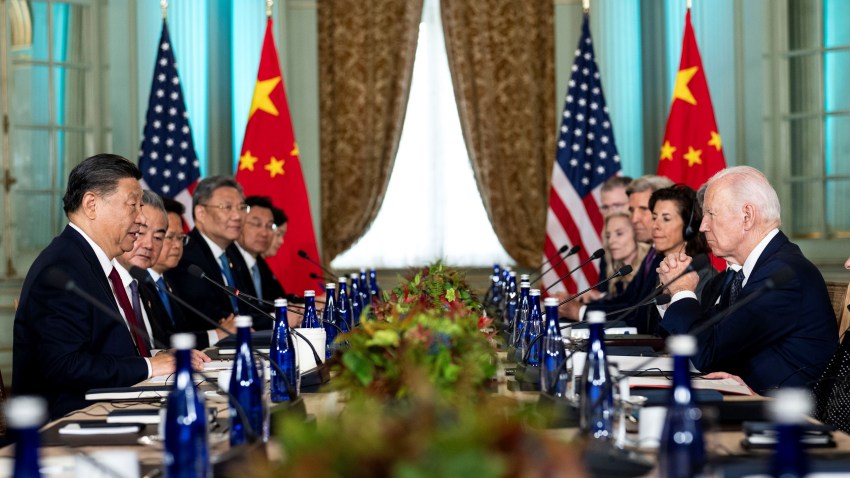U.S. Treasury Secretary Janet Yellen wrapped up four days of meetings with Chinese officials in Beijing today. The two sides engaged in cordial talks, but the trip led to no major breakthroughs, including on Yellen’s main focus during the visit: overcapacity in China’s economy. (New York Times)
Our Take
For all the attention paid to the U.S. and China’s competition for influence in the global order, the biggest driver of bilateral tensions is the two sides’ economic relations, specifically what the U.S. views as China’s unfair trade practices. Washington has long railed against Beijing’s subsidies for state-owned enterprises and other domestic industries, forced ownership and technology transfers, and what it describes as a generally unfair playing field for U.S. and other international companies in China.
Most recently, Beijing’s decision to double down on manufacturing and export-driven production has drawn the ire of the West, but also developing economies like Mexico and Brazil, all of which fear that China’s overcapacity will flood their domestic markets with low-cost goods. Yellen’s focus during her visit was specifically on Chinese exports of green technology—including electric vehicles, lithium-ion batteries and solar panels—a sector into which the U.S. is pumping trillions of dollars to develop domestically.

